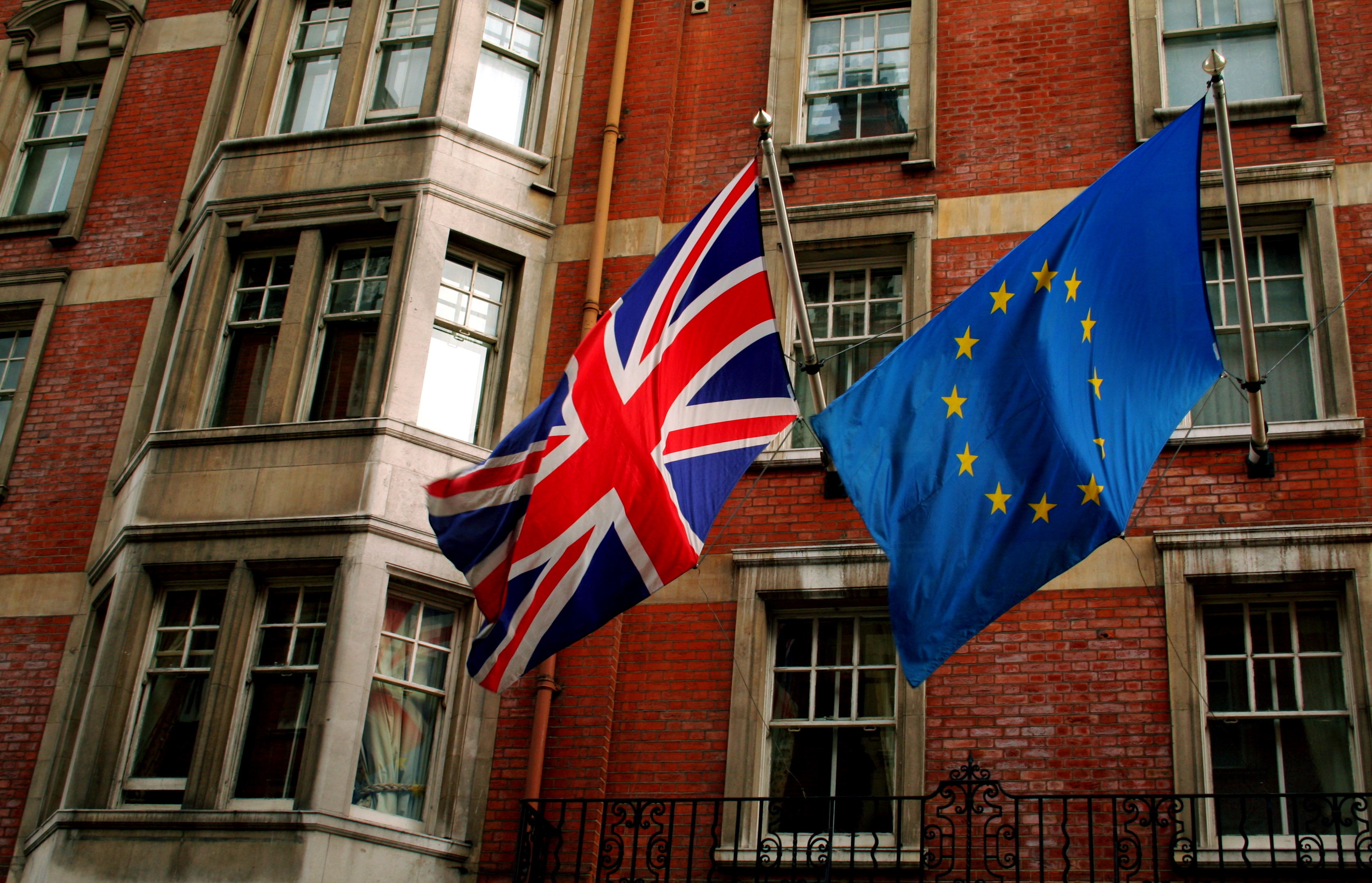With the upcoming EU referendum viewed as inevitable, it was no surprise when British Chancellor George Osborne kick-started the year by laying down an ultimatum regarding Britain’s relationship with the European Union; either reform or succumb to decline. Now, one of the longest and most divisive debates has taken centre stage. Britons will have to face a make a decision that some have been waiting for for quite some time – are we in or out?
As Will Saunders, head of Sussex’s UKIP society puts it, “our role in the EU is equable to the slave in an S&M relationship.” However, Britain didn’t always adhere to such slavery. The British view of Europe has long been clouded with suspicion and vice versa. As a former Empire builder and major trading power, Britain has been at war with its most popular allies, France and Germany, in the past but they have also been necessary supporting powers at various points in history.
One of the main reasons why Britain could be viewed as estranged with the EU is that we are an island nation who are more used to giving orders than receiving them from handling powers in Brussels. To an extent, we have always existed in an arms-length fashion, our divide is both geographical and mental in the eyes of many and tension has always lingered between the nation and the union. Historian Vernon Bogdanor commented that: “We lived in splendid isolation, protected by the Nay and the Empire. Now, of course, that period of isolation has long gone, but perhaps it still retains some of its impact upon the British people, who do not want ties with the continent.”
With the Brexit debate in full motion, it is notable to mention why joining forces with the European Union was considered in the first place. Former Prime Minister, Winston Churchill proposed his vision for uniting Britain and Europe as “a structure under which it can dwell in peace, in safety and in freedom, a kind of United States of Europe.”
The first sign of a union between Britain and Europe union came in 1951 when the European Coal and Steel Community was created. However, Britain remained on the fray. French architect, Jean Monnet commented in light of this that: “I never understood why Britain did not join. I came to the conclusion that it must have been because it was the price of victory – the illusion that you could maintain what you had, without a change.”
An apparent European deep-seated hostility directed towards Britain was made evident ten years later in 1961 when the British economy was flailing and they applied to join the EEC, only to be vetoed twice. Historian, James Ellison wisely pointed out that aligning itself with the European Union was a pragmatic and political decision for Britain, as “it was a place of diplomatic agreement, trade, co-operation – through most of the second half of the 20th Century and the 21st – peace and stability and growth.” However, it was only in 1973 that Tory Prime Minister, Edward Heath, allowed Britain to finally join the EEC. As a result of Heath’s decision, membership was placed in a referendum two years later in 1975, which 67% of the populace voting in favour of joining.
This majority vote isn’t to say that there has not been problems in the relationship between Britain and the EU. Tensions between Britain and Brussels grew in the 1980s when socialist Jacques Delors took to the helm of the European Commission and chose to turn more towards a single currency and federal Europe. Despite this proposal, Margaret Thatcher’s 1988 speech in Bruges claimed to reject “a European super-state exercising a new dominance from Brussels.” This was one of the major contributions to the internal warfare within the Tory government of the time. King’s College professor Vernon Bogdanor claims that “Europe has been a toxic issue in British politics, it caused deep divisions between and within the parties. Some might argue the fundamental conflict in post-war British politics is not so much between left and right as between those who believe that Britain’s future lies with Europe and those who believe it does not.”
However this tension was relaxed with the landslide victory of Tony Blair as Prime Minister in 1997 which people felt presented the opportunity to patch things up with the European Union once more. At this point, Britain’s economy was stable and support for entry into the euro was not as popular as some may have desired, although Blair signed Britain up to the social chapter, which ultimately delivered on long-awaited social protections.
December 2011 saw the issue of Britain’s membership of the EU thrown into the spotlight once more when EU leaders joined together to work through issues of new budget rules. David Cameron initially demanded exceptions before vetoing the pact altogether, which arguably cut Britain adrift. Eurosceptics took pleasure from this and this inevitably led to Cameron calling for a referendum on British membership in the EU. Cameron’s pledge for a referendum took the long-held view of Britain as a reluctant European to a whole other level. Cameron is not the first Prime Minister to challenge the EU, and certainly won’t be the last if the outcome of the referendum is to remain. Britain’s economic future outside of the European Union is uncertain, which is what seems off-putting to those who have not yet made up their minds over which way to vote in the referendum.
Third year Business student, Daniel Kingston commented that “the UK is currently marginalised in the EU. It’s difficult, if not impossible, to make substantive reform. For example, British MEPs voted against 576 EU proposals between 2009 and 2014, but 485 still passed and became law. Our influence in the EU is dwindling: When we first joined we had almost 20% of the votes, now that figure stands at just 13%.”
Kingston also went on to say that: “The UK increasingly loses out in other EU institutions too. In the Council of Ministers from 2009-2015 the UK has voted more often against the majority, and is hence now in the minority more often than any other EU government. This is especially true is crucial areas like foreign policy and security matters.”
Saying farewell and parting ways with the EU would mean that Britain would have to renegotiate every economic agreement currently in place. New agreements would also need to be made with the EU too during the two-year negotiation period, which would follow the majority voting to leave. The uncertainty that surrounds Britain’s future is enough to scare potential ‘Out’ voters away, especially when campaigners to remain sneakily use phrases such as ‘Britain is better IN Europe’. It is notable to point out that Britain would geographically still be a part of Europe, as a continent, but not the European Union, which is a separate matter.
There are a number of benefits to remaining in and leaving the EU and the discussion remains one of the most debated and toxic issues in British politics to date. The EU is undoubtedly one of the world’s largest economic powerhouses but Britain certainly has what it takes to stand on its own two feet and take back power of its own nation once again. Whether the referendum on 23rd June sees the majority of the British public vote in or out, it will become a landmark day in history regardless.
Lauren Wade
Featured photo: Dave Kellam





